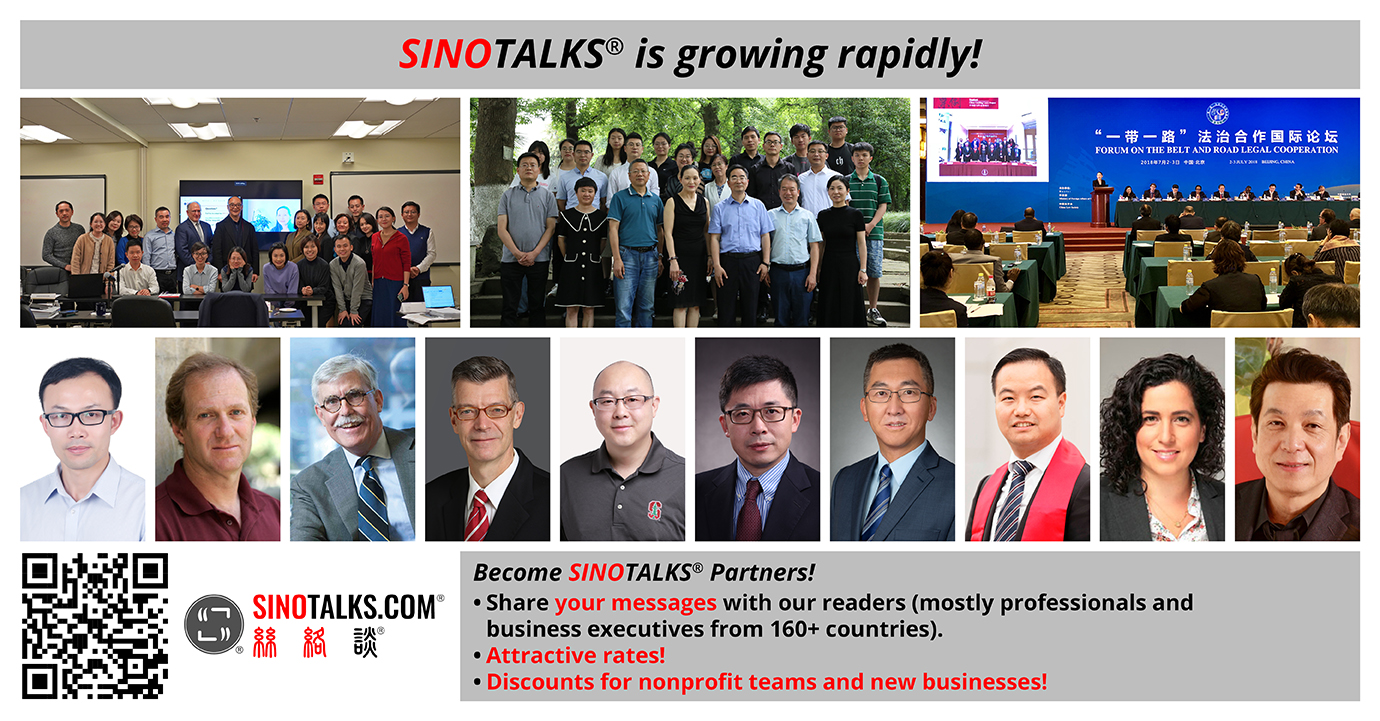China’s Attempt to End the Chaos Associated with Internet Pop-Up Windows†
中国试图遏制互联网弹窗乱象*

Digest | 文摘
In September 2022, the Cyberspace Administration of China, together with China’s Ministry of Industry and Information Technology and State Administration for Market Regulation, issued a new set of rules to, among other goals, “regulate the Internet pop-up information push services” and “safeguard national security and public interests”.
Effective on September 30, 2022, the rules represent China’s unprecedented attempt to regulate Internet pop-up information push services. According to these rules, providers of these services are now required to, inter alia, not use algorithms to “maliciously block information”, “excessively offer recommendations”, or push to minors “information that may affect their physical and mental health”.
Are there similar rules in other countries? Apart from terms such as “maliciously” and “excessively” that need to be further clarified, do the new rules have other limitations that may make enforcement challenging?
2022 年 9 月,中国国家互联网信息办公室、工业和信息化部以及国家市场监督管理总局共同发布了一套新规则,以达到“规范互联网弹窗信息推送服务”和“维护国家安全和公共利益”等目标。
该规则自 2022 年 9 月 30 日起施行,代表了中国对互联网弹窗信息推送服务进行规范的前所未有的尝试。根据这些规则,互联网弹窗信息推送服务的提供者需要遵守一系列要求,包括不得利用算法“恶意屏蔽信息”、“过度推荐”或向未成年人推送“可能影响其身心健康的信息”。
其他国家有类似的规则吗? 除了“恶意”和“过度”等术语需要进一步明确外,新规则是否还有其他限制,会给执法带来挑战?
† This piece was contributed by Ruoyu (Rainy) Ren and edited by SINOTALKS.COM.
* 此文章由任若雨提供,并由丝络谈™编辑。
Contact Us
Get Involved
Sponsor/Donate | 赞助/捐赠
Become SINOTALKS® Partners | 成为丝络谈™合作伙伴
Services

